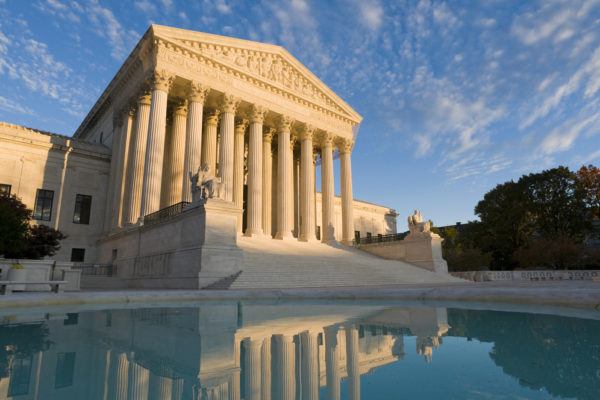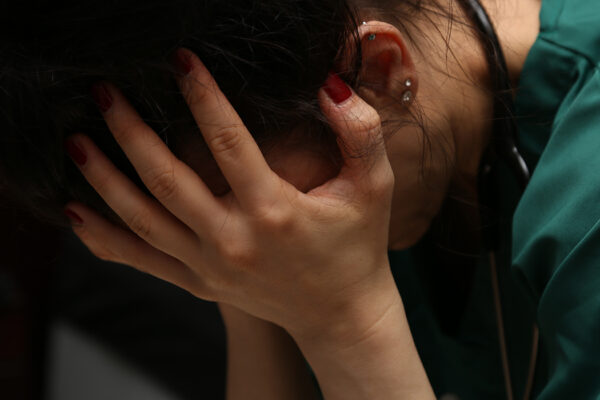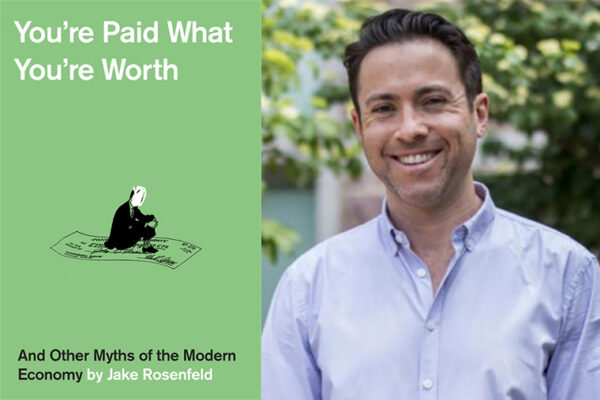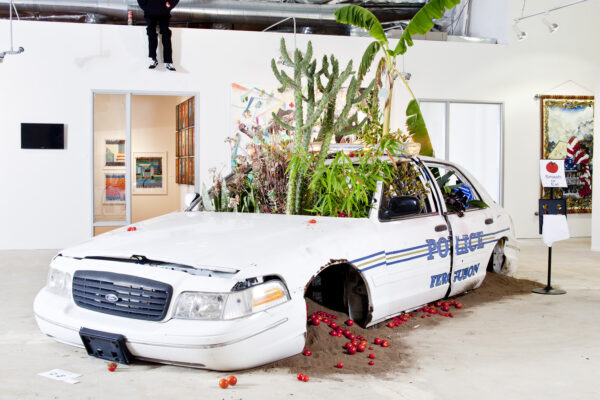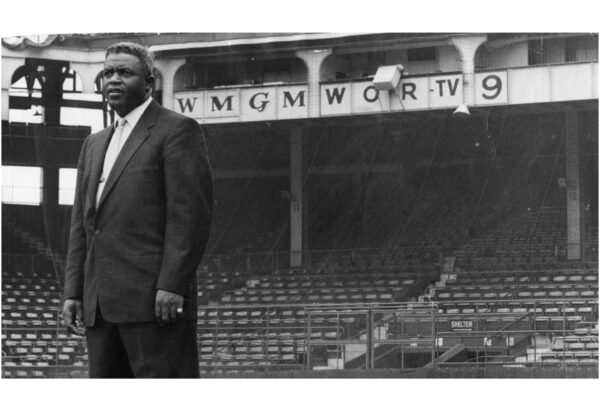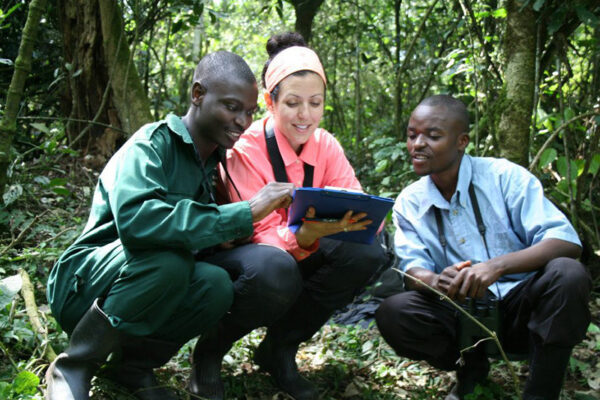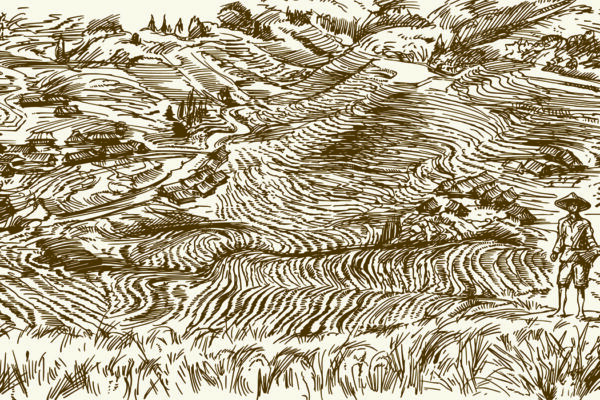Supreme Court term limits would greatly reduce imbalance on the court, study finds
Imposing term limits on justices who sit on the U.S. Supreme Court could bring significant changes to the nation’s highest court, suggests a forthcoming paper from two Washington University in St. Louis law professors.
How to cope with pandemic anniversary emotions
Rebecca Lester, professor of sociocultural anthropology at Washington University in St. Louis, offers advice for coping with the emotions brought on by COVID-19 anniversaries and moving forward.
Comparing pandemic spending patterns in U.S. and Israel
The pandemic is exacerbating preexisting social and economic inequalities in the U.S. and abroad, finds a new study from the Social Policy Institute at Washington University in St. Louis.
Brantmeier receives grant to promote Arabic and Persian literacy
Cindy Brantmeier, professor of applied linguistics in international and area studies in Arts & Sciences, received a STARTALK summer grant to promote Arabic and Persian literacy in the St. Louis region.
‘You’re Paid What You’re Worth’
With his new book, “You’re Paid What You’re Worth,” Jake Rosenfeld, associate professor of sociology, challenges the idea that we’re paid according to objective criteria, while placing power and social conflict at the heart of economic analysis.
Sam Fox School, CRE2, Pulitzer Arts Foundation welcome artist-in-residence Jordan Weber
Multidisciplinary artist Jordan Weber will discuss his work March 9. Weber is currently exploring questions of incarceration and healing in St. Louis as part of a new project, co-sponsored by the Sam Fox School, the Pulitzer Arts Foundation and the Center for the Study of Race, Ethnicity & Equity.
‘The Dilemma of the Black Republican’
Jackie Robinson’s baseball career is synonymous with Civil Rights advancement. But his life also illuminates a period of dramatic electoral realignment.
School closures ‘sideline’ working mothers
New research shows that the gender gap between mothers and fathers in the labor force has grown significantly since the onset of the pandemic, especially in states where elementary schools primarily offered remote instruction.
Africa Initiative awards new round of pilot grants
The spirit of international collaboration is still strong at Washington University, despite the COVID-19 pandemic. A total of eight teams recently received funding from the Africa Initiative for new research projects on the continent.
Under climate stress, human innovation set stage for population surge
Anthropologist T.R. Kidder in Arts & Sciences published new research that shows that aridification in the central plains of China during the early Bronze Age did not cause population collapse. The results highlight the importance of social resilience to climate change.
Older Stories
